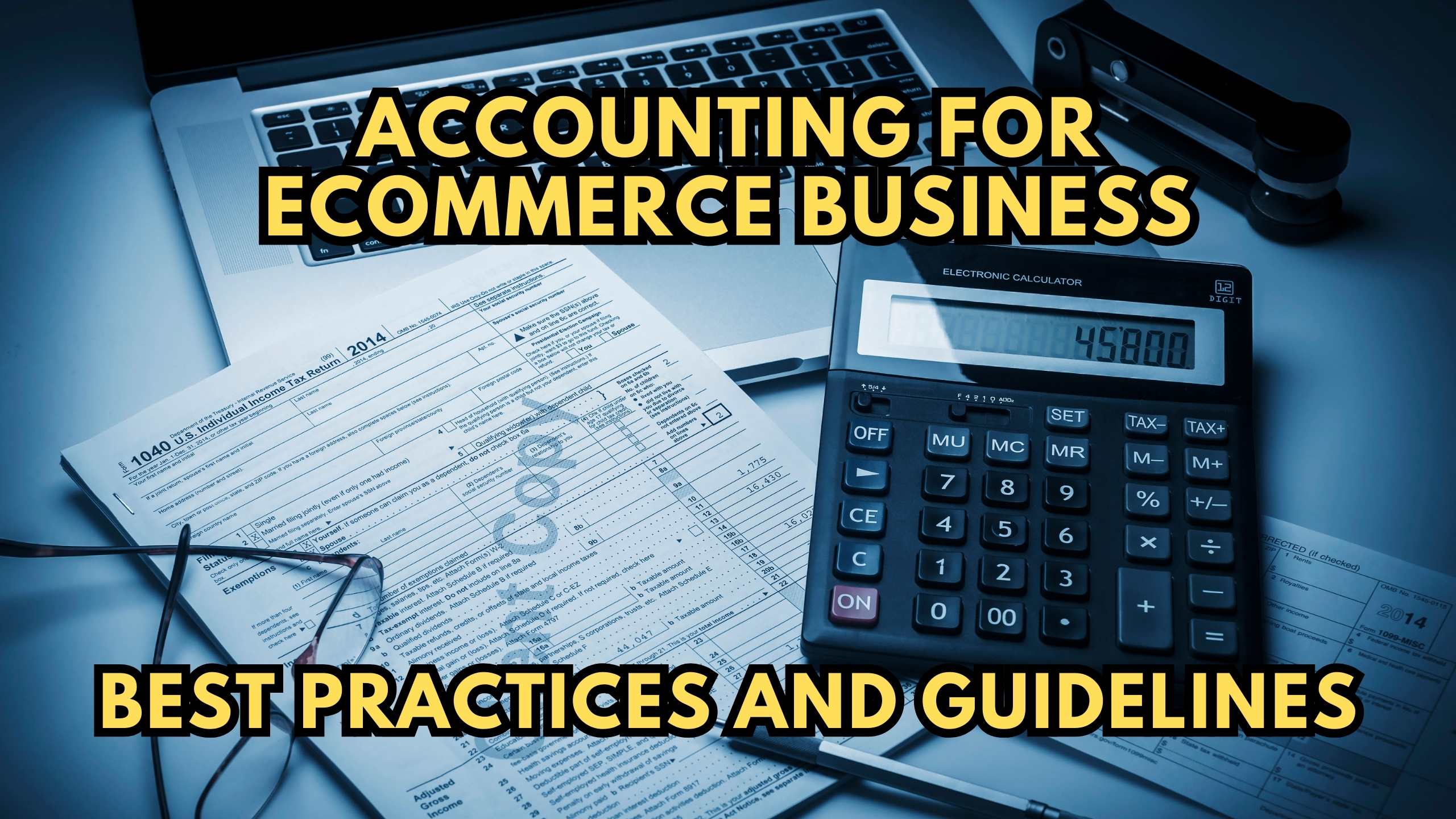Accounting for eCommerce Business: Best Practices and Guidelines
- Expense Management Software Credit Cards Investing Business Solutions


Accounting for eCommerce Business: Best Practices and Guidelines
In the ever-evolving landscape of eCommerce, sound accounting practices are crucial for sustaining a thriving business. This comprehensive guide delves into the best practices and guidelines for eCommerce accounting, providing actionable insights to navigate the financial intricacies of online retail.
Understanding eCommerce Accounting
Accrual vs. Cash Accounting
Selecting the right accounting method is fundamental. Accrual accounting records transactions when they occur, offering a real-time view of financial health. In contrast, cash accounting records transactions when money changes hands, providing a simpler but less comprehensive overview.
Tracking Revenue and Expenses
Effectively monitoring revenue streams and expenses is paramount. Robust accounting software aids in categorizing transactions, ensuring clarity in financial reports. Integration with eCommerce platforms streamlines the process, allowing for seamless data flow.
Inventory Management and Valuation
For eCommerce businesses dealing with physical products, accurate inventory tracking and valuation are essential. Implementing inventory management tools helps in real-time tracking, reducing the risk of overselling and providing precise cost-of-goods-sold figures.
Best Practices for eCommerce Accounting
Automated Bookkeeping
Leverage automated bookkeeping solutions to reduce manual errors and save time. SaaS accounting tools sync seamlessly with eCommerce platforms, automating the recording of transactions and minimizing the risk of data entry mistakes.
Tax Compliance and Reporting
Stay abreast of changing tax regulations and compliance requirements. SaaS tax software ensures accurate calculations, helps in filing timely returns, and mitigates the risk of non-compliance issues.
Financial Reporting and Analysis
Generate regular financial reports for insightful analysis. Comprehensive reporting tools assist in identifying trends, understanding profitability, and making informed strategic decisions for the eCommerce business.
Relevant SaaS Products:
Enhance your eCommerce accounting journey with these top-notch SaaS tools:
- QuickBooks Online: A widely used accounting solution offering automated bookkeeping, expense tracking, and robust financial reporting for eCommerce businesses.
- Xero: Streamline your accounting processes with Xero, featuring automated invoicing, real-time financial reporting, and seamless integration with eCommerce platforms.
- FreshBooks: Tailored for small businesses, FreshBooks simplifies invoicing, expense tracking, and time management, providing a user-friendly solution for eCommerce entrepreneurs.
- Zoho Books: An all-in-one accounting software, Zoho Books facilitates automated workflows, inventory management, and precise financial reporting for eCommerce enterprises.
- Wave: A free and user-friendly accounting software, Wave is ideal for small eCommerce businesses, offering features like invoicing, accounting, and receipt scanning.
Conclusion
In conclusion, adopting best practices in eCommerce accounting is pivotal for sustained success. By implementing efficient processes, leveraging advanced accounting software, and staying informed about industry changes, eCommerce businesses can ensure financial stability and position themselves for growth.
Transform Your eCommerce Accounting with Subscribed.fyi!
Ready to revolutionize your eCommerce accounting practices? Join Subscribed.fyi for free and unlock exclusive deals on essential SaaS products. Sign up now and embark on a journey to elevate your eCommerce business with Subscribed.fyi!
Relevant Links:








